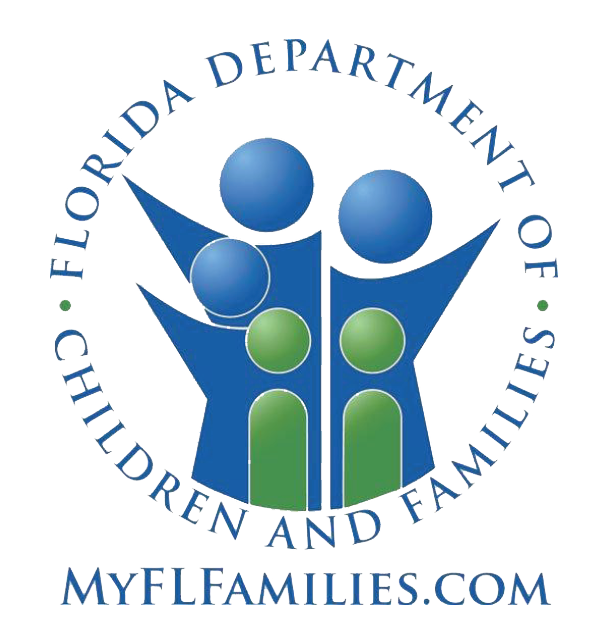What are opioids?
Opioids and/or opiates are any drugs that are derived from the Poppy plant. Opioid and opiates act by binding to receptors within neurons found in the brain. When one starts opioid substance use, these receptors become responsible for things such as regulating body temperature and the body’s response to stress and pain. By binding to those receptors, opioids affect the way that a person’s body will respond to different stimulus, especially pain. Opioid drugs can also have a dramatic effect on things like mood and digestion that can be lethal, as opioid receptors play a huge role in those body functions as well.
If you or a loved one are struggling with opioid addiction, know that you are not alone. There is help available. Our substance use and mental health experts can provide you with the tools and support you need to overcome substance use and lead a healthy, fulfilling life.
What is the difference between opiates and opioids?
Heroin and opium are considered opiates because they are derived from a poppy plant. An opioid is more of a “blanket term” for any type of painkiller including synthetic drugs such as OxyContin. All opiates and opioids work on the same part of the brain, including the cerebral cortex and thalamus, that affects pain. The term “opioid” refers to any drug that acts as a painkiller by binding to opioid receptors. Therefore, every opiate such as heroin, morphine, codeine, etc is considered an opioid. However, a synthetic opioid like Roxicodone is not officially considered an opiate, although it is created with opiates.
In terms of differences between opioids and opiates, they are almost identical. However, opioids are more commonly prescription medications, while opiates are widely synthesized and are often used in combination with other drugs. The most common of the opiates being heroin. Substance abusers beware, if it is coming off the street, you never know what you are going to get! Street dealers are very quick to cut up drugs such as heroin, cocaine, meth, flakka, etc. with fentanyl, carfentanyl, baking soda, sugar, MSM, numbing agents, talcum powder, or even rat poison! Even more so today, with the impact that the internet is having on the drug market.
How does a person die from using opioids?
Small contracted pupils, unconsciousness, and respiratory depression are all symptoms of an opioid overdose in men and women. Respiratory depression is when a person begins to take low and shallow breaths. The danger is when that breathing stops all together. When the breathing stops is when a person can die from the overdose.
According to the National Institute on Drug Abuse there were 17,029 prescription opioid deaths in 2017, coming out slightly ahead of deaths from Heroin the same year (15,482). The synthetic opioid Fentanyl has become known as the deadliest of all opiates in recent years. According to the Center for Disease Control and Prevention, approximately 130 Americans who are addicted to opioids die every day from a combination of prescription opioid and street opiates.
Opioid Addiction Treatment Center in Florida
If you or a loved one are struggling with opioid addiction, it is important to seek treatment programs as soon as possible. At our opioid addiction treatment center exclusively for men, we offer comprehensive care that is tailored to men’s unique needs. We understand the challenges that men are facing and we are here to help every step of the way.
Our team of experts will work with you to create a personalized opioid addiction treatment program that heals the mind, body and spirit. Our substance use and mental health treatment facility have all the equipment and resources you need to succeed in recovery. If you are ready to take the first step on your journey to recovery, contact our opioid addiction treatment center today.







